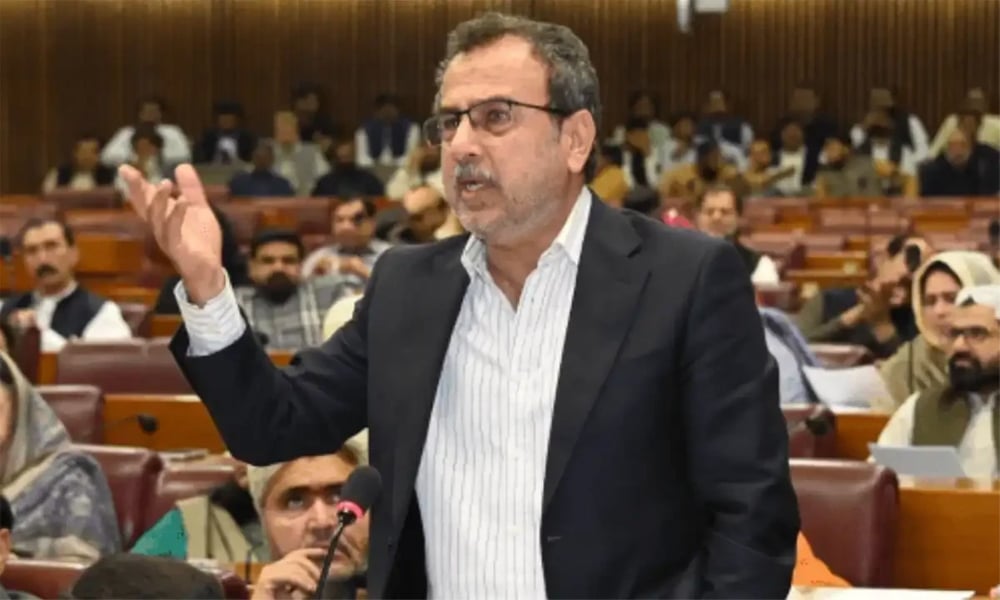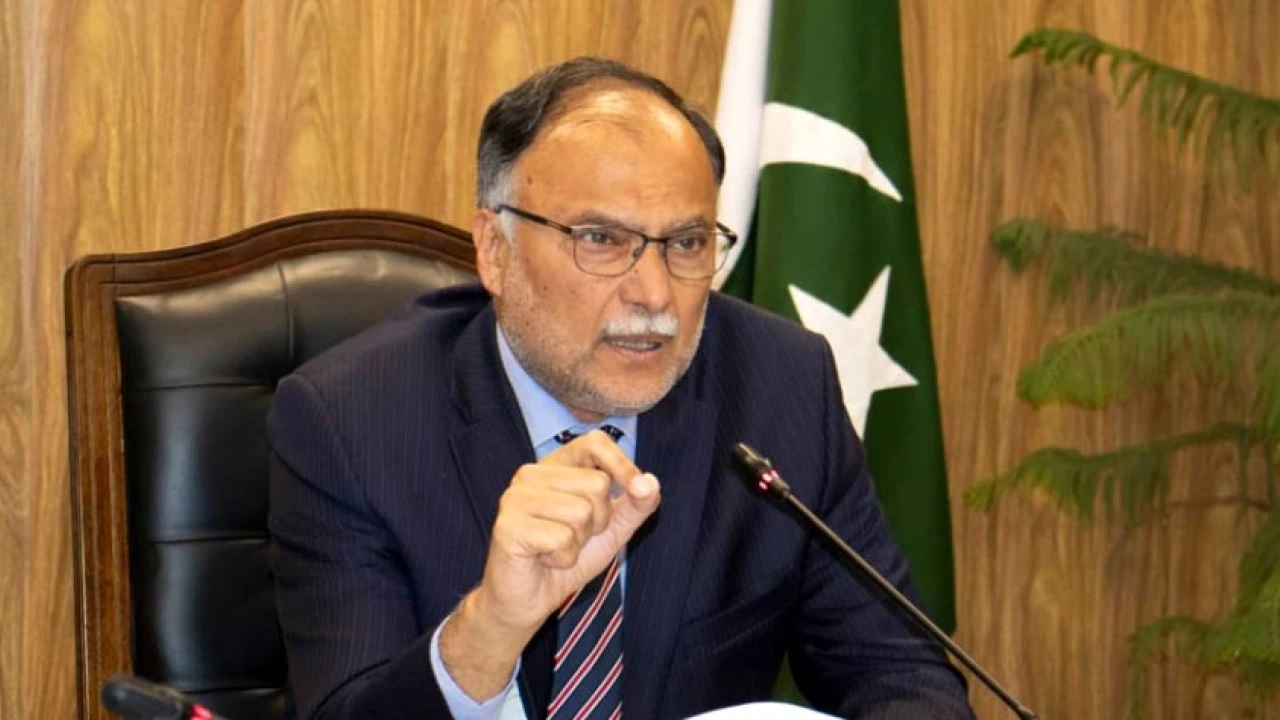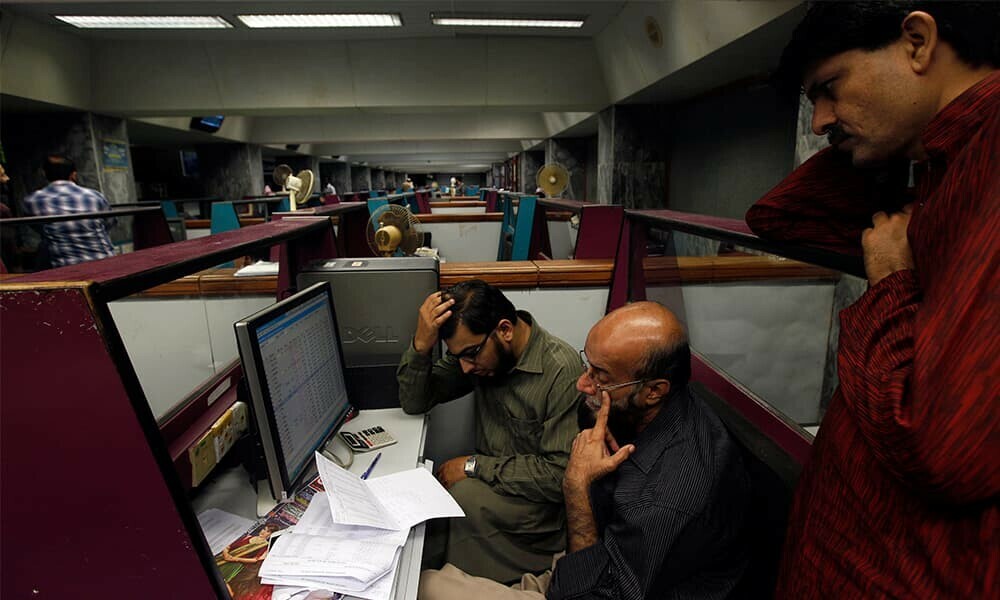PTBP Web
The Minister for Power, Sardar Awais Leghari, announced on Friday that negotiations with Independent Power Producers (IPPs) regarding revised agreements are in their final stages.
According to Leghari, the task force dedicated to this process is nearing a conclusion, and the public can expect to hear positive news in the coming weeks. This development comes as part of a broader government initiative to renegotiate and optimize energy contracts in a way that balances consumer tariffs and ensures the sustainability of the power sector.
Speaking before the Senate Standing Committee on Power, chaired by Senator Mohsin Aziz, Minister Leghari shared that the discussions with IPPs have been ongoing and transparent, with updated information being shared in previous meetings. The minister emphasized that the government is not unilaterally revising these contracts but is working toward mutually agreed-upon solutions.
Leghari explained that the task force, which includes key government stakeholders such as the Securities and Exchange Commission of Pakistan (SECP), has conducted an in-depth analysis of power generation units. This includes government-owned power plants and their Return on Equity (RoE), which plays a crucial role in balancing payments in the budget. The process involves tightening financial management to balance payments, factoring in key financial metrics such as the Karachi Interbank Offered Rate (KIBOR) plus 2 percent on outstanding dues.
The government’s review also includes a thorough assessment of Operation and Maintenance (O&M) costs for power plants. According to Leghari, fixed O&M expenses, investments, technology upgrades, and other associated costs are being scrutinized. The review aims to ensure that the costs incurred by the energy sector are aligned with current market realities and are not placing an unsustainable burden on consumers.
One of the key challenges the government is tackling is the issue of unsustainable electricity tariffs. “The current level of electricity tariffs is not sustainable,” Leghari said, signaling the urgent need for reform in the pricing mechanisms applied across different energy sources. This includes power plants using bagasse—a byproduct of sugar production used for energy generation. Although bagasse plants contribute only a small fraction of the country’s overall power generation, their cost structures, like those of other energy sources, need reevaluation to ensure economic viability.
In addition to bagasse-based power generation, the government is looking into other issues such as the prices of imported coal and furnace oil, the actual energy price of bagasse, and the costs associated with solar energy projects. The task force is reviewing the costs of solar energy projects in particular, given the evolving nature of international project costs and advancements in solar technology.
Leghari also noted that some revisions in O&M costs are being considered, particularly for plants established under upfront tariffs, as opposed to those set up through competitive bidding. These reviews will help determine which plants are necessary for the country and which contracts, if any, can be canceled. The government is also exploring options for canceling Capacity Power Prices (CPP) of certain contracts.
The minister hinted at potential cost savings, suggesting that while there is a possibility of benefiting by as much as Rs 20 per unit, the government is also exploring ways to save between Paisa 50 to Rs 1 per unit in some areas. These savings could significantly benefit consumers and reduce the financial pressure on the government.
Despite these ongoing negotiations, Minister Leghari was quick to assure stakeholders that the government is not violating any contracts. Instead, the goal is to reach a mutual understanding with the IPPs that acknowledges the current unsustainability of consumer tariffs. “We are conducting all processes with the confidence of the IPPs,” Leghari reiterated, underlining the importance of transparency and mutual agreement in these talks.
In addition to the renegotiation of energy contracts, Leghari addressed the issue of customer care in distribution companies (Discos). Historically, customer care has been a neglected aspect of the energy sector, but the government is taking steps to improve this service. The minister revealed that customer care centers are being established in Discos, modeled after Pakistan’s 1122 emergency service. These centers are expected to be operational next week, and consumers will be able to call a universal helpline (118) to register complaints. Every call will be logged, and response times for rectifying issues will be recorded to improve accountability.
The Senate Standing Committee on Power also heard complaints from several senators regarding issues in specific Discos, including Lahore Electric Supply Company (LESCO), Sukkur Electric Power Company (SEPCO), and Peshawar Electric Supply Company (PESCO). Senators Palwasha Muhammad Zai Khan, Aslam Abro, Syed Kazim Ali, and Haji Hidayatullah Khan raised concerns about corruption, losses, and electricity theft in these Discos.
Chairman of the committee, Senator Mohsin Aziz, directed the Power Division to provide more clarity in its reports, citing inconsistencies in the data regarding bagasse-based IPPs and their tariff determinations. He questioned how the price of bagasse was determined at $53, noting that it was difficult to assess whether this price was fair or exploitative. Aziz also raised the issue of how linking energy prices to the dollar and imported coal has created opportunities for local operators to benefit from currency depreciation.




